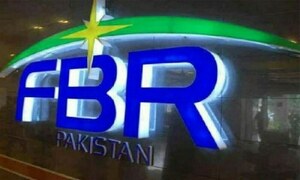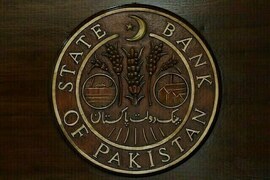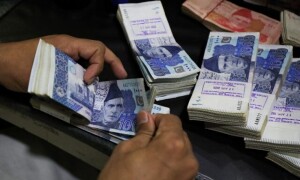The federal government has decided to constitute a high-level task force to refurbish 200 public sector entities. The terms of reference of the task force are still being developed through consultations with major stakeholders, including relevant ministries/departments.
However, the objective of the exercise is fairly easy to determine: to ensure that the profitability of loss-making state-owned entities (SOEs) is restored through appropriate measures that may range from appointments made on merit, to restructuring the board with the aim of ensuring an independent board of directors, to separating the chairman of the board from the chief executive of the entity.
The government has distributed shares in the state-owned entities to their workers free of cost. In this context, it is relevant to note that selling shares to workers is considered a good policy from an economic perspective as the workers would then have a stake in the company's profitability. Giving shares of SOEs which need massive bailout package, free of cost, creating overstaffing situations as well as making key appointments (chief executive and members of the board) in sheer disregard of merit and fair play is not going to result in any returns on their shares. A better option would be for the government to offer the shares to workers at a price, focus on ushering private sector management and linking rising profitability to a salary raise or performance bonus.
There has been intense criticism in recent years about the extent of the cost of the loss-making state units to the taxpayer - a cost estimated in excess of 300 billion rupees (approximately 3.5 billion dollars) per annum. This money, so argue analysts should be diverted to developing the country's deficient infrastructure sector, including electricity and roads, as well as the deficient social sectors namely education, health and clean drinking water etc. Other analysts lament the country's increasing reliance on foreign assistance as a consequence of such a massive injection into loss-making units, which they claim is throwing in good money after bad - a charge that is proved valid year after year, as the bailout packages remain high in this country. Still others maintain that the 3.5 billion dollars diverted each year to keep the state-owned entities propped up has led to ever-increasing reliance on foreign assistance with conditions that are becoming more and more untenable with time. Bilateral assistance is attached to politically sensitive conditions culminating in the US demand to 'do more' and multilateral assistance is also attached to politically unfeasible loan conditions that the government is finding increasingly difficult to implement - a fact evident from the stalled International Monetary Fund's (IMF) Stand-By Arrangement.
It is being suggested that nomination for the boards must not be made by ministers, secretaries, or government officials as this has entailed decision-making that lacks a commercial perspective. The long-term objective of the task force, namely that these entities are financially viable enough to be listed on the stock exchanges is salutary. However, what would play a critical role in the success or otherwise of all the proposed measures is political will. If the country's politicians show a commitment towards ensuring that these entities are run on economically sound grounds, then the chances of success will rise dramatically. What has been lacking to date is government commitment not to use state-owned entities as recruitment centres for their loyalists. To reemphasis turning loss/profit-making units into profit/higher profit-making units is doable. However, political commitment is required, which has been lacking to date.
BR100
15,235
Increased By
150.4 (1%)
BR30
44,824
Increased By
812 (1.85%)
KSE100
149,971
Increased By
1353.3 (0.91%)
KSE30
45,655
Increased By
407.2 (0.9%)






















Comments
Comments are closed.